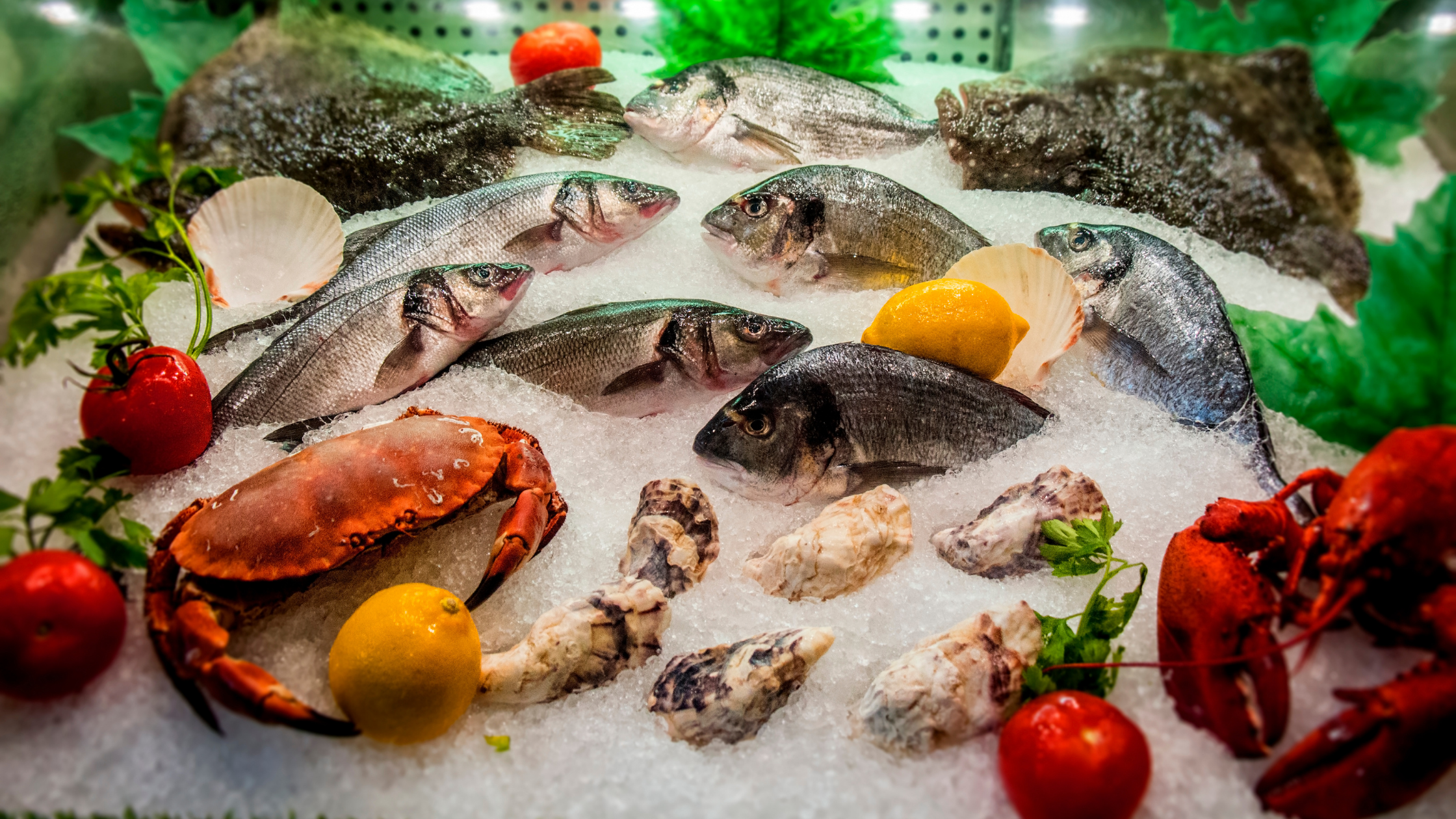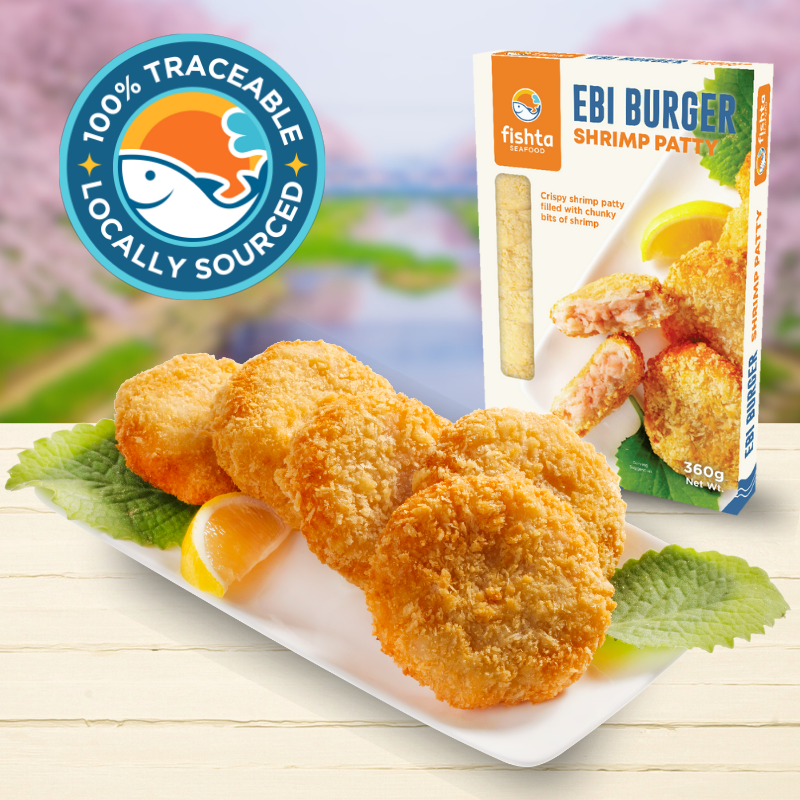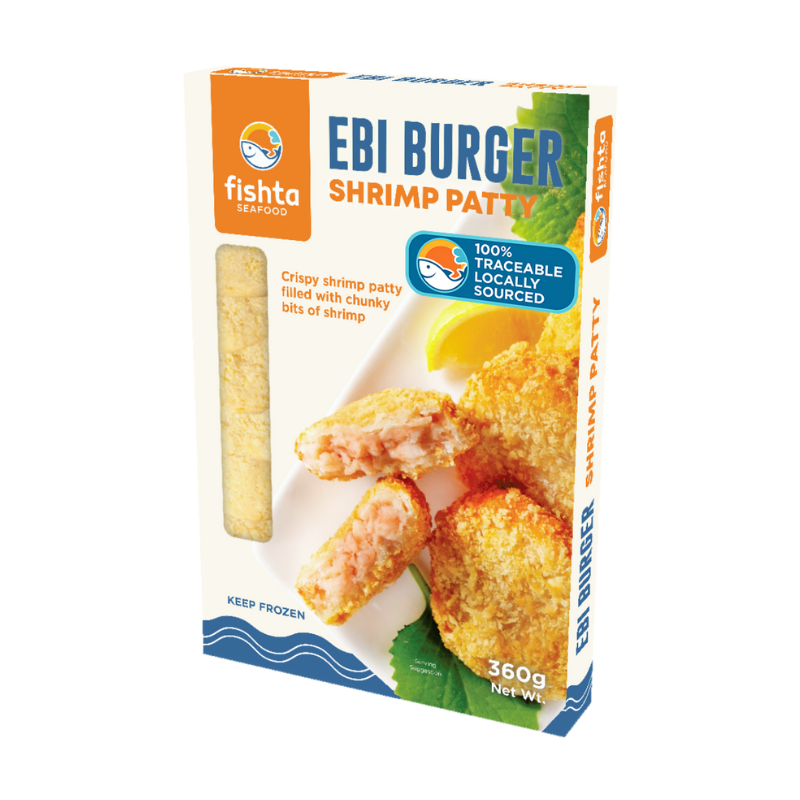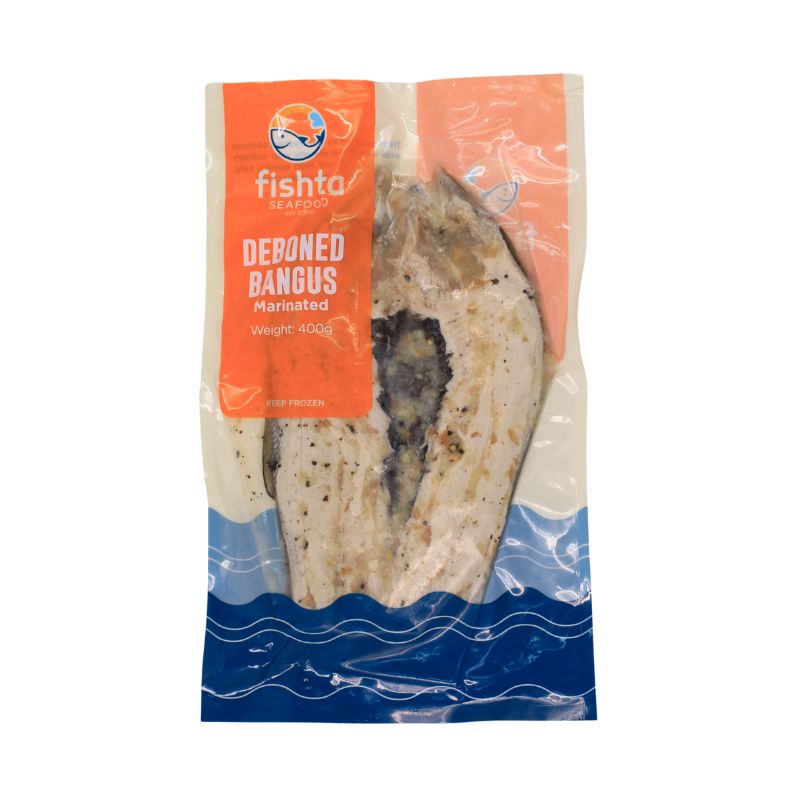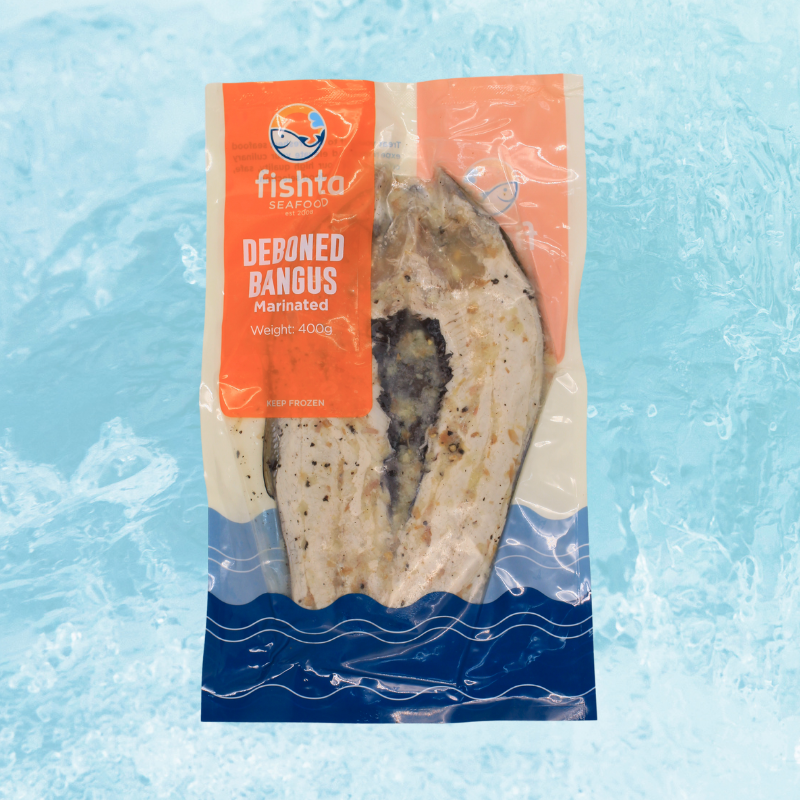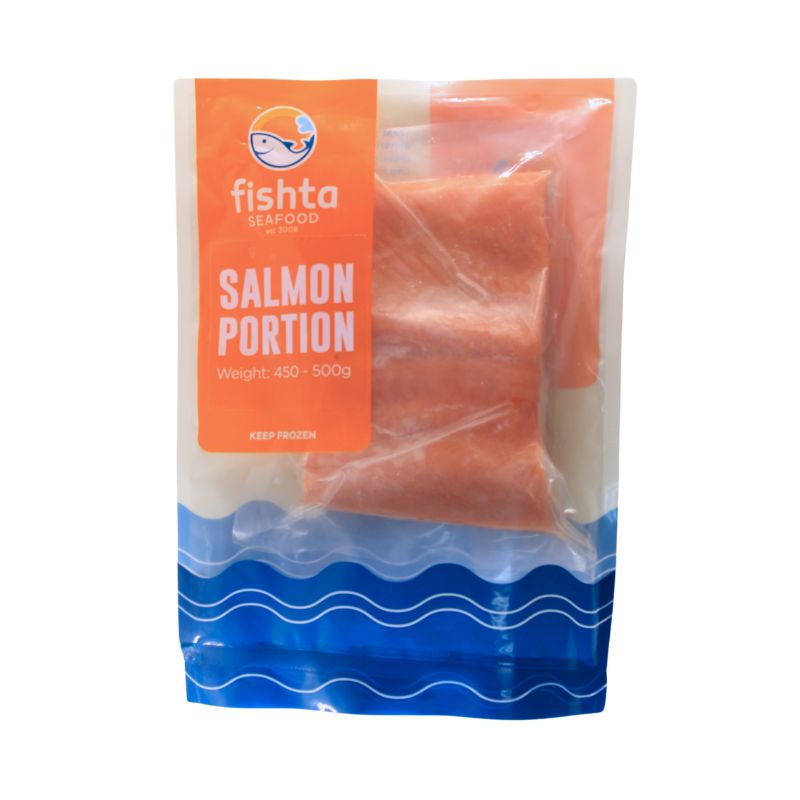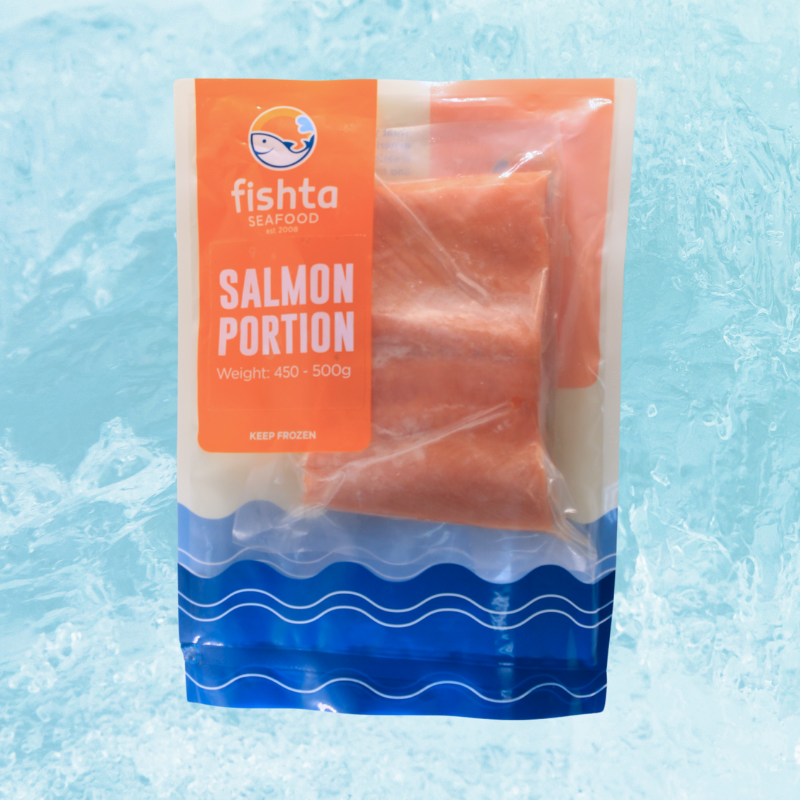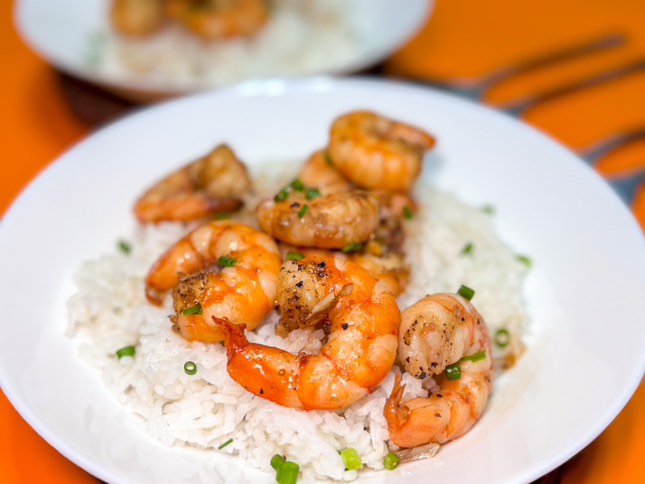It's customary for many households to freeze some foods to sustain their quality over time. Aside from frozen seafood being stored in the freezer, other household favorites like Kikiam, crab sticks, and squid rings must be kept in the freezer to sustain its quality before cooking time.
However, meal prep often leads us to the question, "are frozen fish or seafood good for you?" For parents trying to create a healthy diet for their kids, this is an important question to ponder. Let us break down the myth of frozen seafood versus fresh fish and how much it plays a role in our overall health.
Myth 1: Fresh is always better when it comes to fish.
This is a misleading statement and also entirely false since the nutritional value of fresh fish or seafood is not lost when frozen. The exact amount of essential nutrients commonly found in fish, like omega-3 fatty acids and lean protein, are retained even during the freezing process.
Frozen food is typically harvested at peak ripeness and flash-frozen just within hours from picking. The same goes with fish or seafood that is usually frozen immediately after the catching and cleaning process.
Myth 2: Flavor and texture of fish thaws when frozen long.
The secret to sustaining the flavor and texture of fish or seafood is proper thawing. Allow the frozen food to take its time to thaw from the freezer and avoid putting them back in as much as possible. Once thawed from the freezer, it's best to cook the frozen fish or seafood items into a tasty meal rather than refreezing them since it will dampen the flavor over time.
Myth 3: Freezing fish does nothing for the environment.
This myth is, in fact, false because opting for frozen fish is an eco-friendly way to get your omega-3s without having to go to the wet market daily. Buying frozen fish and seafood will help lessen and decrease the shipping resources typically needed to transport it from water to the table.
Myth 4: Expecting mothers can still eat frozen fish but just in small quantities.
Whether it's a large fish like a king mackerel or a small fish like cod or sardines, the amount of mercury content can still impact your overall health. The US Food and Drug Administration shares that pregnant women and children should avoid eating such fish since it harms the brain and neurological development, escalating over time. Thus, opting for lower mercury content in fish like salmon and tilapia would be more advantageous in terms of holistic health for the pregnant mother and child.
Frozen Ain't That Bad.
The debate on whether fresh is best can go on forever, but in terms of safely consuming fish or seafood that's been in the freezer for days, you're fine. Those who enjoy their weekly catch can get their instant and fresh Fishta seafood in a jiffy. Achieving a holistic diet and ensuring you get your Omega 3s in check is not something to fret about, whether it's frozen or not; it's all about proper storage and preparation!
#FishtaForEveryFilipino #FishtaSeafood #FishtaFrozenGoods
Like and follow us on Facebook and share with us which trend you thought was interesting.

